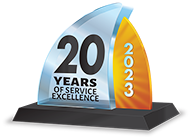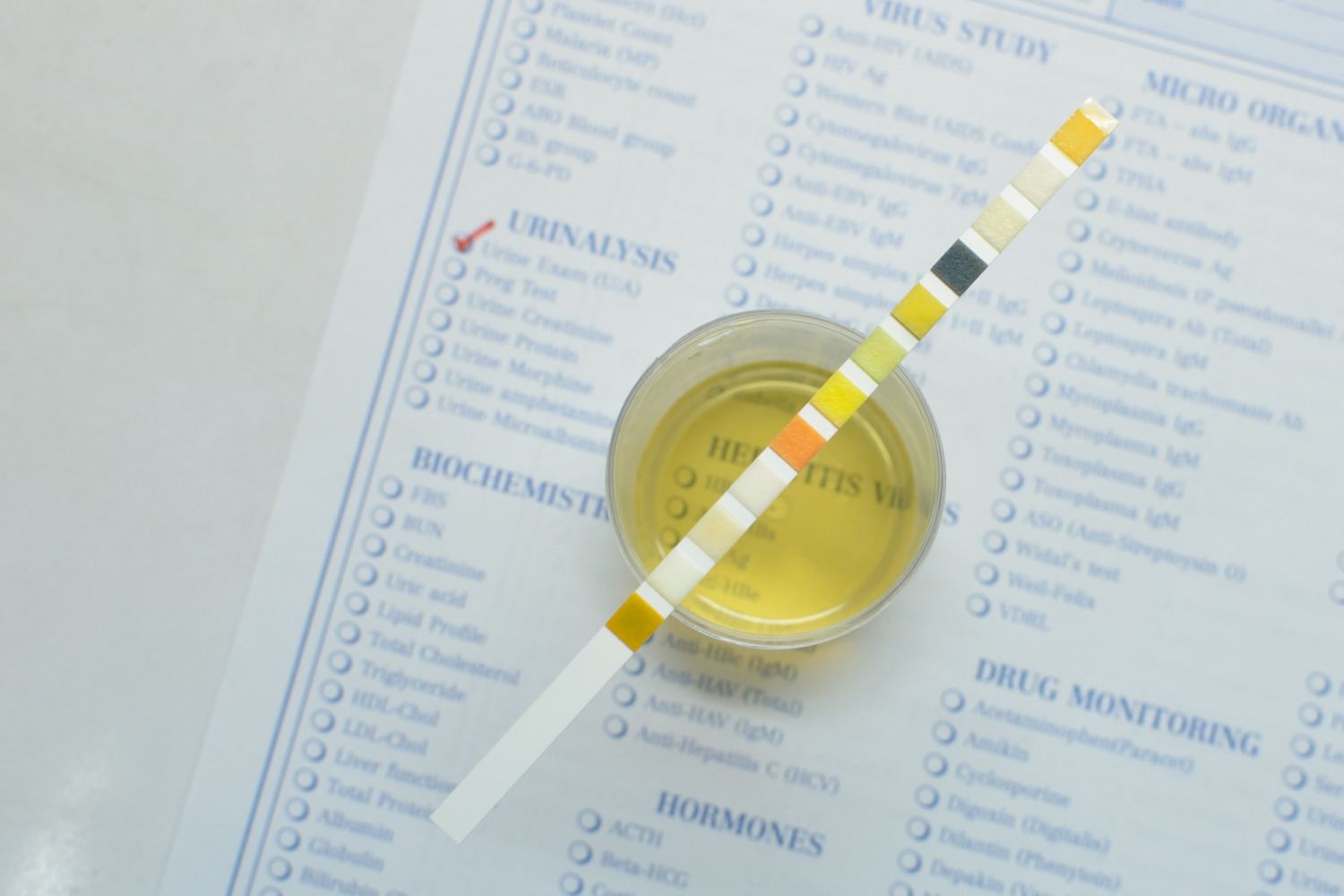Understanding DOT-Modes: Demystifying the Different Testing Requirements
Are you curious about DOT SAP guidelines? Safety-sensitive employees are required to undergo drug and/or alcohol test under several circumstances. These include pre-employment, reasonable suspicion, after certain accidents, random, and return to duty. If you are a safety-sensitive employee who has recently failed a drug and/or alcohol test, you’ll need to understand DOT SAP guidelines and the return to duty process in order to work towards returning to your duties.
What are DOT-SAP Guidelines?
DOT-SAP stands for the Department of Transportation Substance Abuse Professionals. These professionals are responsible for assessing and assisting employees who have violated drug and alcohol regulations, helping them return to safety-sensitive duties only when it is deemed safe and appropriate. DOT-SAP guidelines are integral in ensuring that employees involved in safety-sensitive positions adhere to stringent regulations surrounding drug and alcohol use. These positions include commercial drivers, pilots, railway operators, and more.
Understanding the DOT-Modes:
DOT-SAP guidelines regulate different modes of transportation, each with its own unique testing requirements. These modes include:
- FMCSA (Federal Motor Carrier Safety Administration): This mode pertains to individuals operating commercial motor vehicles (CMVs), such as trucks and buses in excess of 26,001 pounds or vehicles that carry 16 or more passengers. FMCSA drug and alcohol testing include pre-employment, post-accident, random, reasonable suspicion, return-to-duty, and follow-up testing.
- FAA (Federal Aviation Administration): Individuals working in the aviation industry, such as pilots and air traffic controllers, fall under this mode. FAA drug and alcohol testing include pre-employment, post-accident, random, reasonable suspicion, and return-to-duty testing.
- FRA (Federal Railroad Administration): Employees working in the railroad industry are subject to FRA testing requirements. This includes pre-employment, post-accident, random, reasonable suspicion, return-to-duty, and follow-up testing.
- USCG (United States Coast Guard): Employees in safety-sensitive positions within the maritime industry are covered under this mode. USCG drug and alcohol testing include pre-employment, random, reasonable suspicion, post-accident testing, and follow-up testing.
- PHMSA (Pipeline and Hazardous Materials Safety Administration): This mode pertains to employees involved in the transportation of pipelined hazardous materials. PHMSA drug and alcohol testing include pre-employment, post-accident, reasonable suspicion, random testing, and follow-up testing.
Demystifying Testing Requirements
Each mode has its own set of testing requirements that are vital for maintaining safety on the road, in the air, on railroads, at sea, and when piping hazardous materials. These requirements are designed to identify any substance abuse issues that could jeopardize the well-being of individuals, passengers, and the general public.
By conducting pre-employment tests, employers can ensure that prospective employees do not have drug or alcohol problems before they assume safety-sensitive positions. Random testing helps in deterring substance abuse among employees, post-accident and reasonable suspicion testing are essential for identifying any potential contributors to accidents or incidents, and return to duty ensures employees are free from drugs and alcohol before returning to safety-sensitive work.
Find a SAP Near You to Get Started with the Return to Duty Process
DOT-SAP guidelines and the various DOT-modes play a crucial role in ensuring the safety and integrity of transportation systems across the United States. By understanding the different testing requirements associated with each mode, we can appreciate the comprehensive approach taken by the Department of Transportation to safeguard the lives of millions of people who rely on various modes of transportation every day. These guidelines serve as a testament to the commitment to safety, reminding us all that staying sober on the job isn’t just a personal responsibility; it’s a collective obligation that contributes to the well-being of society as a whole.
Looking for a SAP in your area? Contact SAP Referral Services to get started quickly.


